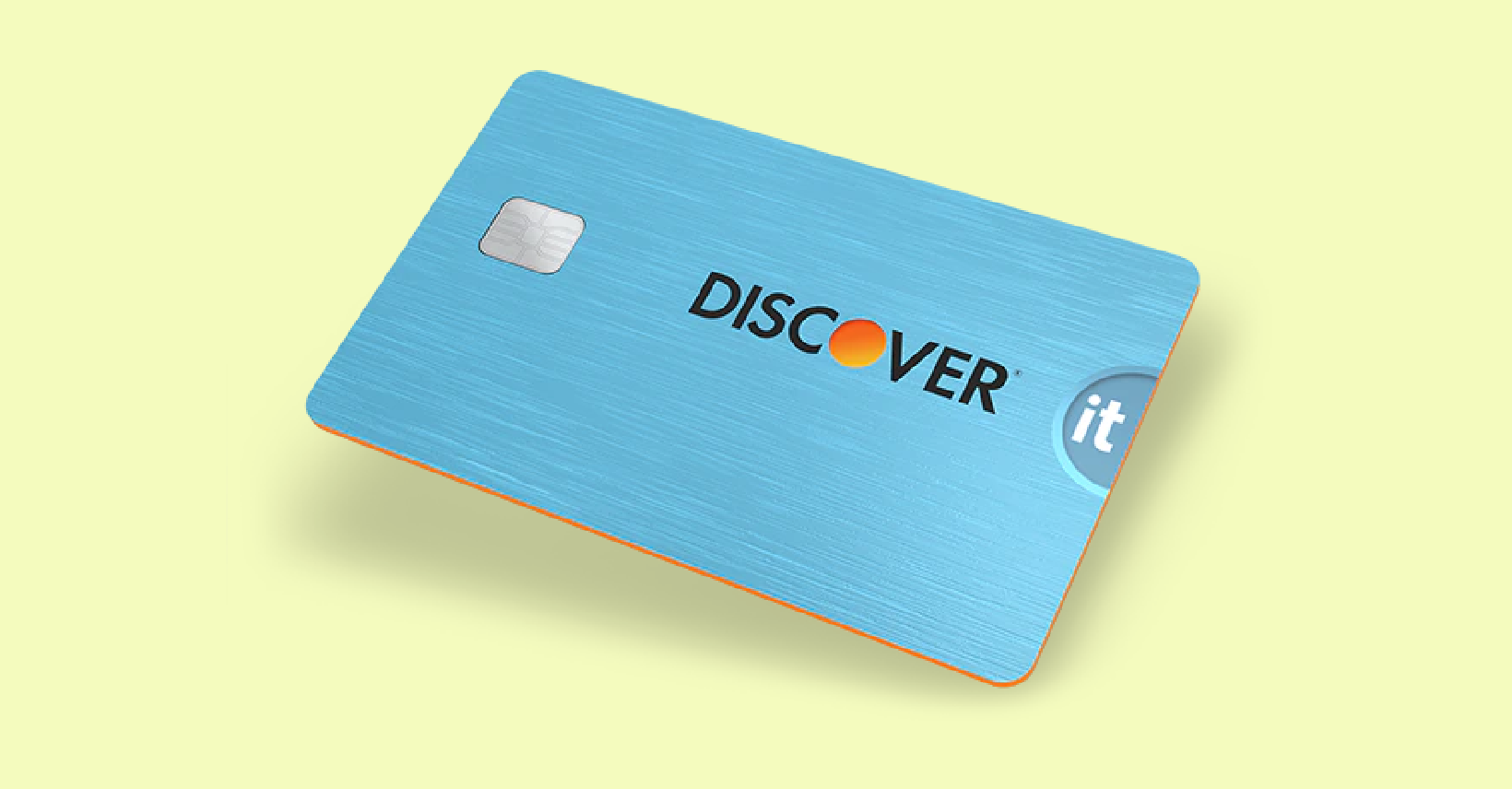The Pros and Cons of Using Credit Cards in Building Credit

The Power of Credit Cards: Navigating the Fine Line Between Convenience and Responsibility
Credit cards can serve as a dual-edged sword in modern finance; they offer convenience but also demand a level of responsibility from users. When wielded wisely, credit cards can become instrumental in building one’s financial health and paving the way for opportunities.
Advantages of Utilizing Credit Cards
At the forefront of benefiting from a credit card is the potential for an improved credit score. When cardholders make consistent, on-time payments, they are likely to establish a robust credit history. For example, making a $100 purchase and fully paying off the balance each month demonstrates reliability and can positively impact your credit score over time. This score is vital—it affects everything from loan approvals to interest rates offered on future credit. A higher score can also mean lower insurance premiums.
Another exciting aspect of credit cards is the various rewards and benefits that accompany them. Many credit cards provide incentives such as cash back on purchases or points that can be redeemed for travel. For instance, a card that offers 2% cash back on groceries could benefit a family that frequently shops at the supermarket, translating into significant savings over time. Additionally, some cards provide exclusive perks like travel insurance, extended warranties, or access to airport lounges, which can make frequent travel more enjoyable.
Moreover, credit cards offer significant financial flexibility. Life is unpredictable, and having a credit card can provide a financial cushion in emergencies, such as car repairs or unexpected medical bills. This safety net can be particularly reassuring, allowing individuals to manage sudden expenses without derailing their financial stability.
Being Aware of the Risks
Despite these advantages, there are substantial downsides to consider. The risk of debt is one of the primary dangers of credit card usage. It can be all too easy to get carried away with spending when a line of credit is at your disposal. For example, someone might charge a weekend getaway on their card, only to find themselves struggling to pay the balance in full when the bill arrives. This can lead to a dangerous cycle of borrowing more to cover existing debts.
Interest rates also pose a significant threat, particularly for those who carry a balance from month to month. A credit card with an APR of 20% can quickly turn a small purchase into a costly debt if payments are not made promptly. For consumers who may already be financially strained, this can lead to a spiraling situation where paying off the credit card becomes increasingly difficult.
Finally, the impact on your credit score cannot be overstated. Missing payments not only incurs late fees but can also trigger a downward spiral in your credit rating, with long-term effects on your ability to borrow in the future. Maintaining a healthy score is imperative, as it influences everything from securing a mortgage for your first home to obtaining competitive loan rates.
Ultimately, credit cards can serve as a beneficial financial tool when used with caution. Understanding both the advantages and potential pitfalls allows individuals to strike a balance that promotes a healthier financial future. Educating oneself on the nuances of credit card management is essential for making informed decisions that pave the way for long-term financial success.
DISCOVER MORE: Click here to learn about the impact of interest rates on your credit cards</p
Weighing the Benefits and Drawbacks of Credit Card Usage
In today’s consumer-driven society, credit cards have become an almost indispensable financial tool for many Americans. As people navigate the complexities of personal finance, understanding the implications of credit card use is crucial. While the advantages seem appealing, it is equally important to be aware of the potential downsides that can arise when managing credit. To make informed decisions, let’s delve deeper into both aspects.
The Upside of Credit Card Use
One of the significant benefits of utilizing credit cards is the opportunity to build an excellent credit history. A strong credit history is essential for anyone looking to make major purchases in the future, such as a home or a car. Regular use of a credit card, paired with timely repayments, signals to lenders that you are a responsible borrower. Achieving this requires diligence; consistently paying off small purchases, like a monthly utility bill or groceries, can contribute positively to your credit score over time.
Furthermore, credit cards often come packed with rewards programs that cater to various spending habits. These can include cash back, travel points, or even discounts at select retailers. For example, a card that offers 1.5% cash back on all purchases can provide parents a nice rebate on everyday expenses, essentially increasing their buying power without requiring drastic lifestyle changes. This blending of benefits can make a seemingly small purchase much more rewarding in the long run.
Another vital aspect is the security that credit cards provide. Unlike cash or debit cards, most credit cards have built-in fraud protection. If someone steals your credit card information, you can typically dispute fraudulent charges without the risk of losing your own money, as long as you report the fraud in a timely manner. This added security is particularly beneficial when shopping online, where identity theft can be a significant risk.
Identifying the Pitfalls
While the benefits are noteworthy, the path to a well-managed credit card comes with its share of challenges. One of the most prevalent issues is the risk of overspending. The ease of swiping a card can make it tempting to purchase items you don’t necessarily need, leading to a situation where monthly expenses spiral out of control. This is particularly acute with high-interest cards, where even a small balance can quickly accrue significant interest.
- Interest Rates: High-interest rates can turn minor debt into a significant burden. If you carry a balance, the interest on your outstanding amount can add up rapidly.
- Fees: Many credit cards come with various fees—annual fees, late payment fees, or foreign transaction fees—that can chip away at your financial health.
- Debt Cycle: Relying too much on credit could potentially push you into a cycle of debt, where you borrow from one card to pay off another, leaving you financially strapped.
In conclusion, while credit cards can foster financial growth and security, it is paramount to approach their use with caution. Understanding not only the positive aspects but also the inherent risks can guide you in making wiser financial decisions. This balanced perspective sets the stage for building a solid credit foundation while maintaining fiscal responsibility.
DIVE DEEPER: Click here to enhance your investing strategy
Navigating the Complexities of Credit Card Management
While credit cards can be a stepping stone toward building a solid financial future, the importance of responsible management cannot be overstated. One aspect that many credit card users overlook is the impact of credit utilization ratio. This ratio is determined by dividing the total credit card balances by the total credit limits across all cards. Ideally, you should aim to keep this ratio below 30%. Maintaining a low utilization rate not only shows lenders that you’re capable of managing credit but can also have a significant positive effect on your credit score. For those who find themselves frequently nearing their credit limits, it may be worth considering a budget overhaul or even negotiating for a higher credit limit, as long as spending remains in check.
Additionally, using credit cards offers an educational opportunity for financial literacy. By tracking spending patterns through credit card statements, users can gain insights into their financial habits. This can be particularly helpful for younger individuals or those new to credit, as it provides a tangible record of expenses. Apps linked to credit accounts can also facilitate learning by offering budget tools and reminders for bill payments, reinforcing responsible financial behavior.
The Importance of Timely Payments
Paying your credit card bill on time is one of the most influential factors affecting your credit score. Late payments can remain on your credit report for up to seven years and can severely harm your creditworthiness. Establishing a routine, such as setting up automatic payments or reminders, can help ensure that you never miss a due date. In this regard, credit cards can act as a double-edged sword; while they offer convenience and benefits, neglecting payment obligations can lead to long-lasting repercussions.
Beware of Introductory Offers
Many credit card issuers lure customers with attractive introductory rates or bonus offers. While these can initially seem like fantastic deals—such as 0% interest for the first 12 months or substantial sign-up bonuses—using these cards wisely is imperative. Often, individuals who benefit from such offers end up overspending, mistaking the temporary lack of interest as an opportunity to make larger purchases. Remember, once the promotional period ends, the interest rate may increase significantly, and carrying a balance can become costly. Careful evaluation of spending patterns during this period is key.
The Risks of Emergency Fund Inadequacy
Another key consideration is how reliance on credit cards can impact your overall financial health, particularly in times of emergency. Using credit cards for unexpected expenses, such as medical bills or car repairs, may seem straightforward. However, if you do not have adequate savings to cover these unforeseen costs, it can lead to overwhelming debt. An important financial strategy is to establish an emergency fund that can cover three to six months’ worth of living expenses. This foundation will reduce the need to solely rely on credit cards, providing you with a cushion against potential pitfalls.
- Maintaining Responsible Spending Practices: Stick to a budget and limit credit card use to planned, necessary expenses to ensure financial health.
- Understanding Credit Reports: Regularly check your credit report for inaccuracies or unfamiliar accounts that could damage your credit score.
- Building Positive Relationships with Lenders: Establish early communication with credit card companies to negotiate terms and clarify any misunderstandings if issues arise.
As you navigate the multifaceted world of credit cards, understanding both their benefits and drawbacks crafts a roadmap toward financial responsibility and credit growth. By equipping yourself with knowledge and employing strategic habits, you can effectively leverage credit cards as a means to achieve long-term financial goals while avoiding the potential pitfalls that come with them.
DISCOVER MORE: Click here for a step-by-step guide
Concluding Thoughts on Credit Card Usage for Building Credit
In summary, using credit cards can serve as an effective tool for building credit when utilized properly. The advantages of enhancing your credit score, gaining insights into spending habits, and establishing a relationship with lenders cannot be ignored. However, the risks of accumulating debt, falling into the trap of high-interest rates, and the importance of timely payments present notable challenges. Individuals must approach credit card usage with a clear understanding of personal financial management and the disciplined application of sound budgeting techniques.
As you weigh the pros and cons, consider the long-term implications of your financial choices. Strive to maintain a healthy credit utilization ratio, make timely payments, and ensure that payments align with your budget. Additionally, recognize that credit cards should never replace the necessity of an emergency fund; having savings in place can significantly alleviate financial stress in unforeseen situations.
Ultimately, the successful navigation of credit cards in your journey towards building credit relies on knowledge, strategy, and mindfulness. By keeping these principles in mind, you can harness the power of credit cards not only to improve your credit score but also to cultivate financial stability and cultivate a brighter financial future.


